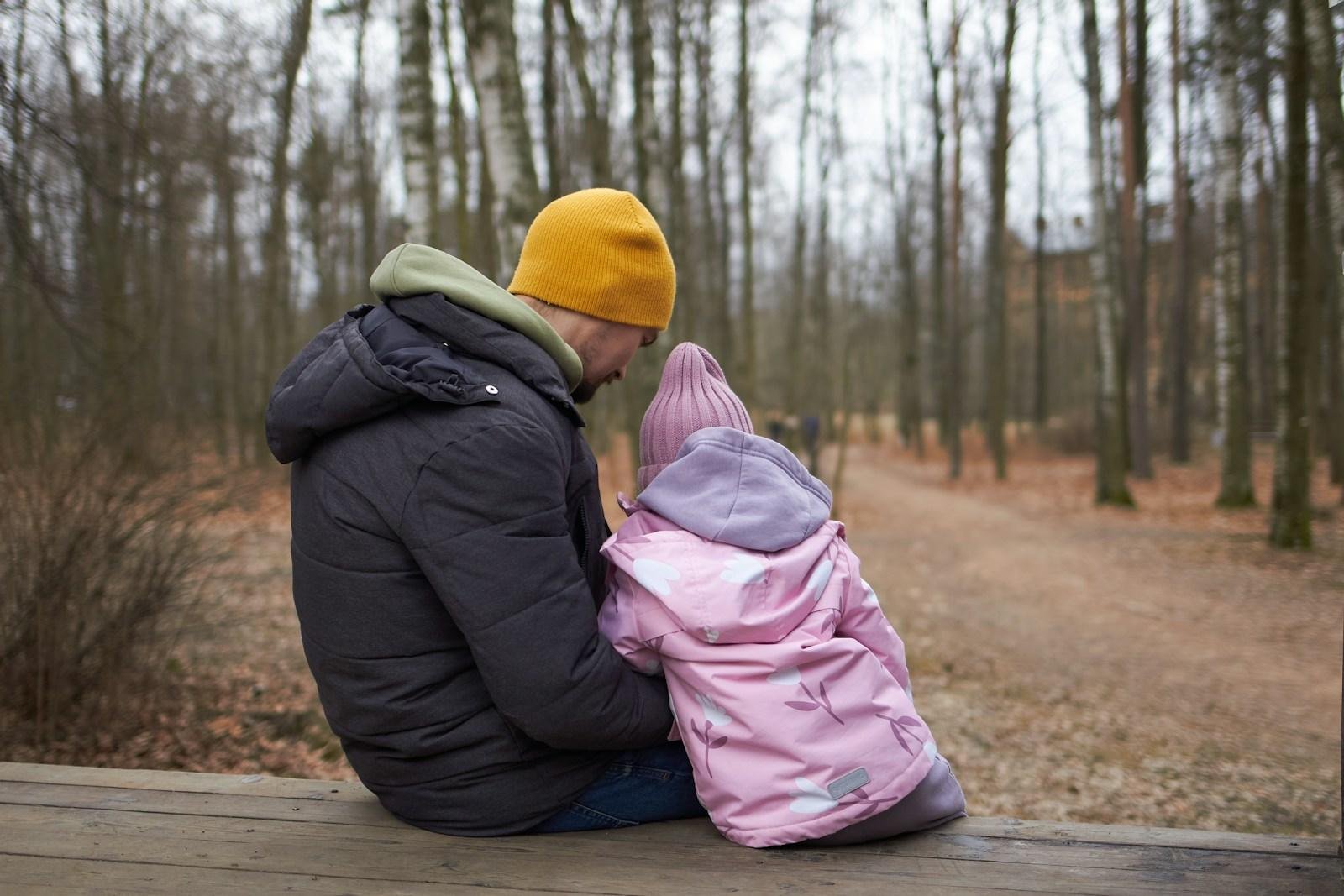Grief doesn’t always come from a death.
If you’re reading this, you may already know that.
You may be grieving a child who’s still alive—but no longer in your life.
Whether through estrangement, addiction, mental illness, or some other deeply painful rupture, the absence of a child can be devastating. It’s a loss that can leave you reeling—not just emotionally, but physically, mentally, and spiritually.
At PLACE, I meet with parents every week who are experiencing this kind of grief. And nearly all of them ask the same quiet question:
“How do I survive this?”
Today, I want to speak directly to that question. Let’s talk about mental health for grieving parents—what it means, what’s normal, and most importantly, how to care for yourself as you try to find solid ground again.
This Kind of Grief Is Real—and It’s Different
Most people associate grief with death. But what if the person you’re grieving is still alive?
This is called ambiguous loss—a type of grief that lacks closure, lacks understanding, and often lacks support from others. As a parent, you may feel like:
- You can’t talk about your pain without being blamed.
- People don’t “get it”—they may say “Just give it time,” or “Kids always come around.”
- You’re grieving invisibly, in silence, behind closed doors.
This is real grief. It’s just not the kind our culture knows how to talk about.
And it can wreak havoc on your mental health—especially when it’s compounded by guilt, shame, or social stigma.
Common Mental Health Challenges Grieving Parents Face
If you’re struggling, you’re not weak—you’re human. And grief can trigger a wide range of mental health symptoms. Here are a few I see most often:
1. Depression
- Loss of interest in daily activities
- Sleep problems
- Difficulty finding motivation
- Feeling numb, hopeless, or like “what’s the point?”
This isn’t just sadness. It’s a profound kind of depletion. Therapy can help you process these feelings in a way that leads to healing.
2. Anxiety
- Obsessive thoughts about your child
- Intrusive “what if” scenarios
- Constant worry about the future
- Difficulty relaxing or being present
Grief makes the world feel unsafe. Mindfulness-based therapy and CBT can help reduce anxiety by calming your nervous system and reframing anxious thinking.
3. Shame and Self-Blame
- “Where did I go wrong?”
- “Why wasn’t I enough?”
- “What kind of parent loses their child like this?”
I say this with love and sincerity: Estrangement is never just one person’s story. The pressure to be a perfect parent doesn’t serve anyone—and blaming yourself will only deepen the pain.
In Narrative Therapy, we explore your story from a compassionate lens—one that honors your experience without labeling you as the villain.
4. Loneliness and Isolation
Grief can make you pull away. But silence and isolation only intensify mental health struggles.
This is why I created peer support groups—so you don’t have to sit alone in your pain. Real connection is a lifeline.
How to Support Your Mental Health as a Grieving Parent
You’ve heard it before, but I’ll say it again—you can’t pour from an empty cup. Your mental health matters. Let’s talk about how to tend to it.
1. Acknowledge What You’re Really Feeling
Avoiding the pain won’t make it disappear. Let yourself feel:
- Rage
- Sadness
- Guilt
- Resentment
- Hopelessness
All of these emotions are valid. You don’t need to fix them right now—you just need to make space for them. If you’re not sure where to begin, journaling or talking to a therapist who understands estrangement is a good first step.
2. Connect with Others Who Understand
Isolation can quickly become depression. Even one meaningful connection per week can make a difference. Options include:
- Joining our virtual support groups
- Reading stories from other parents on the PLACE blog
- Starting with a 15-minute consultation for private counseling
You don’t have to heal alone. And you shouldn’t have to explain your pain to people who don’t get it.
3. Reclaim Your Identity (Gently)
Many grieving parents say:
“I don’t even know who I am anymore.”
That makes sense. Parenting often becomes a core part of our identity. When the relationship changes—or disappears—it’s like a piece of you is missing.
This doesn’t mean you stop being a parent. But it does mean exploring who you are beyond the role.
Through Motivational Interviewing and Eclectic Therapy, we can explore your values, passions, and purpose—without pressure or pretense.
4. Set Gentle Boundaries
Grief makes it harder to say no. You might agree to things just to stay busy or avoid feeling more loss.
But healthy boundaries are essential to mental health. They might look like:
- Saying “I’m not ready to talk about that” to well-meaning friends.
- Limiting how often you check for texts or emails from your child.
- Taking a break from social media or conversations that trigger pain.
Read more about boundary types here.
5. Give Yourself Permission to Heal
You don’t have to wait for reconciliation to start feeling better.
Healing doesn’t mean giving up on the relationship.
It means choosing to live fully—even in the unknown.
Grieving a living child is not about forgetting them. It’s about learning how to carry the pain without letting it carry you.
And that’s possible. I’ve seen it happen.
When to Seek Professional Support
If any of the following are true, it might be time to speak with a licensed professional:
- You can’t get out of bed most days.
- Your thoughts feel hopeless or dark.
- You’re overwhelmed by guilt or shame.
- You’re constantly anxious, panicked, or afraid.
- You’re isolated from everyone who used to matter to you.
You are not a burden. And needing help is not weakness—it’s wisdom.
At PLACE, I offer both 1-on-1 therapy (in-person and via telehealth for Texas residents) and coaching for estranged parents. I also offer mental health assessments for those unsure what they’re experiencing.
Final Thoughts: You Are Worth Caring For
If there’s one thing I hope you take from this article, it’s this:
You matter—even in your grief. Especially in your grief.
You’re still here. You’re still breathing. That alone is worth honoring.
Estrangement may change your life, but it doesn’t have to end it. You can learn to laugh again. To sleep well. To wake up without the weight of the world on your chest.
It won’t happen overnight. But it can happen.
And I’d be honored to walk with you on that journey.
Looking for Support?
- Book a free consultation to explore therapy or coaching.
- Join a support group of parents who understand.
- Reach out and let me know how I can help.
Because you are not alone. Not here. Not ever.



